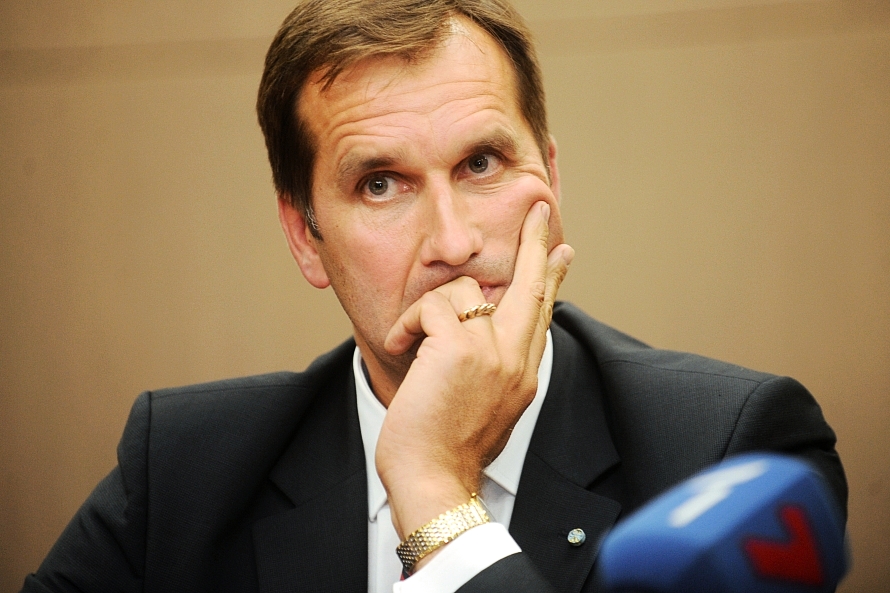“From the perspective of international rights in air traffic control, the flights of Russian military planes from St.Petersburg to Kaliningrad are not in any violation of norms. They may fly this route. We just wish they would do so by informing us of their plans and activities,” Riekstiņš stressed.
The state’s official representative in NATO pointed out that the issue is one of the safety of civil aviation, because the inability to identify aircraft in commercially utilized international airspace can create real threats to civilian passenger and cargo carriers.
The Russian flights are intended to test NATO’s vigilance, he suggested.
“So far we’ve shown them that uninvited guests aren’t welcome. When necessary, NATO jets are up with the Russian aircraft, demonstrating that our reactions are adequate,” he said.
As for NATO’s relationship with Russia, Riekstiņš said that the alliance had wished to create a useful cooperation with the regional power and had actually achieved progress in certain areas.
“Now, since the annexation of Crimea, all cooperation has been halted. Russia has essentially violated a host of international agreements. None of Europe’s democratic states are willing to sit down at the table with them and just forget about this. NATO wants to see specific actions taken – to deescalate the situation,” he went on to say.
Riekstiņš vowed that NATO was prepared to act in the defense of any of its members.
“NATO is carefully following the development of Russia’s military potential. Threats near the border are being analyzed in all appropriate manners,” he concluded.
Riekstiņš comments came just a day after another Russian armed forces Ilyushin IL-20 reconnaissance airplane was intercepted by NATO Baltic Air Police jets Wednesday, according to the National Armed Forces in its Twitter feed.
NATO Baltic Air Policing QRA CF-188 jets on 19 NOV scrambled to intercept RU Armed Forces IL-20 over the Baltic Sea.
— NBS (@Latvijas_armija) November 19, 2014
So far this year NATO fighters based in Lithuania’s Siauliai and Estonia’s Amari airbases have scrambled a total of 112 times to intercept Russian military planes, whereas just two years prior only four such incidents were noted.






























